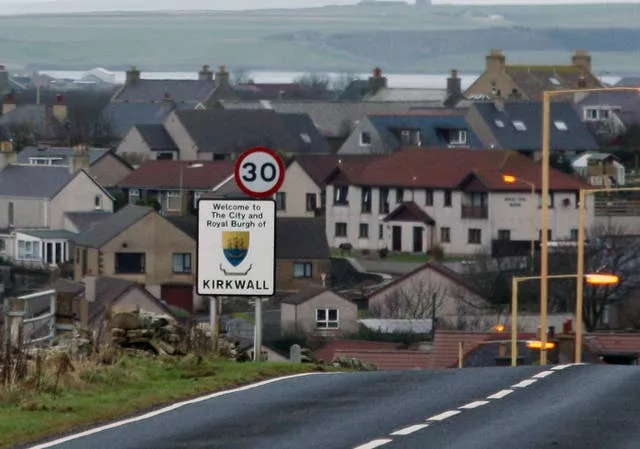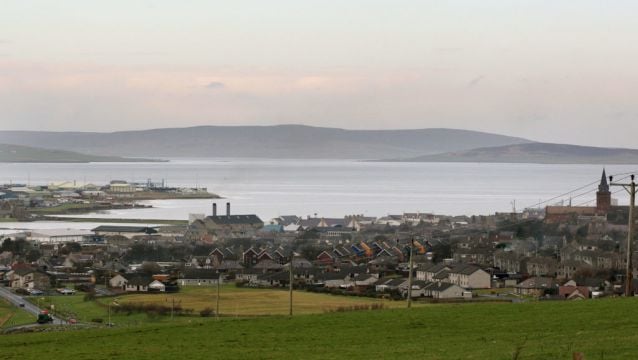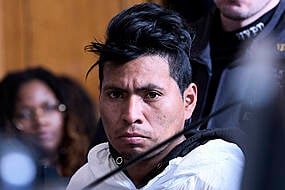Britain's Orkney Islands, an archipelago about 10 miles off the north coast of Scotland, is considering "alternative forms of governance" which could include becoming part of Norway, its council leader said on Monday.
Orkney, made up of about 70 islands and with a population of 22,000 people, was considering its future after being financially neglected by the Scottish and British governments for years, council leader James Stockan said.
Orkney's historic Nordic connections give it options, Mr Stockan believes. The islands were part of Norway for about 500 years until 1472 and he says Orcadians regularly ask him for a return to that country given the shared cultural affinity.
"At the moment we're not getting that support coming through from other governments and we would just like to see what other alternatives is there for us," Mr Stockan told BBC Radio on Monday.
Mr Stockan has proposed a motion for the council to "explore options for alternative models of governance that provide greater fiscal security and economic opportunity". Councillors will decide whether to back it or not on Tuesday.
Among the options as well as rejoining Norway are other British arrangements, like becoming a crown dependency, the system of government in the Channel Islands, or a model like the Faroe Islands, a self-governing part of Denmark.

However, the British government shut down the proposals, with an official spokesman telling reporters: “First and foremost, there is no mechanism for the conferral of crown dependency or overseas territory status on any part of the UK.
“But fundamentally, we are stronger as one United Kingdom, we have no plans to change that.”
The spokesman added: “We’ve got no plans to change the devolution settlement.”
A row over funding for new ferries between the islands and Scotland has brought Orkney's situation to a head.
Mr Stockan told the BBC that Orkney is being “failed dreadfully” by governments in both Edinburgh and London.
Orkney was under Norwegian and Danish control until 1472 when the islands were given to Scotland as part of Margaret of Denmark’s wedding dowry to King James III of Scotland.
From the late 1970s, large volumes of Britain's North Sea oil have been processed on Orkney, but the island has not seen sufficient benefits, Mr Stockan said. With new opportunities from offshore wind farms, he wants the islands to see a greater return.
Mr Stockan wasn't clear about how Orkney's return to Norway, 250 miles across the North Sea, would work.
In an email a spokesperson for Norway's foreign ministry made no comment on whether the Orkney or UK authorities had been in contact with Norway's government but said: "This is a domestic and constitutional British matter. We have no view regarding this motion."







